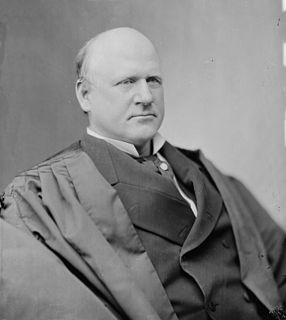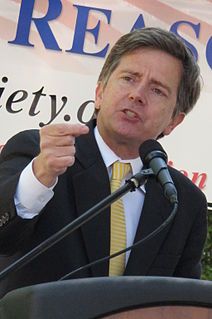A Quote by Roseanne Barr
I believe in equal rights for all citizens. One law for all.
Quote Topics
Related Quotes
I believe all Americans are born with certain inalienable rights. As a child of God, I believe my rights are not derived from the constitution. My rights are not derived from any government. My rights are not denied by any majority. My rights are because I exist. They were given to me and each of my fellow citizens by our creator, and they represent the essence of human dignity.
Every lynching deprives its victim of his life without due process of law, and denies him an equal protection of the law. The States are charged with punishing all such invasions as the common rights of the citizens, but some of them have failed in their effort to do so, and others have not honestly tried. Meanwhile, lynchings continue, and though they do not increase in number, they show some tendency to increase in savagery.
There are those who argue that the concept of human rights is not applicable to all cultures. We in the National League for Democracy believe that human rights are of universal relevance. But even those who do not believe in human rights must certainly agree that the rule of law is most important. Without the rule of law there can be no peace.
the public sphere is as consistently based on the law of equality as the private sphere is based on the law of universal difference and differentiation. Equality, in contrast to all that is involved in mere existence, is not given us, but is the result of human organization insofar as it is guided by the principle of justice. We are not born equal; we become equal as members of a group on the strength of our decision to guarantee ourselves mutually equal rights.
The law is equal before all of us; but we are not all equal before the law. Virtually there is one law for the rich and another for the poor, one law for the cunning and another for the simple, one law for the forceful and another for the feeble, one law for the ignorant and another for the learned, one law for the brave and another for the timid, and within family limits one law for the parent and no law at all for the child.
Revealingly, the central function of the Constitution as law--the supreme law--was to impose limitations not on the behavior of ordinary citizens but on the federal government. The government, and those who ran it, were not placed outside the law, but expressly targeted by it. Indeed, the Bill of Rights is little more than a description of the lines that the most powerful political officials are barred from crossing, even if they have the power to do so and even when the majority of citizens might wish them to do so.




































